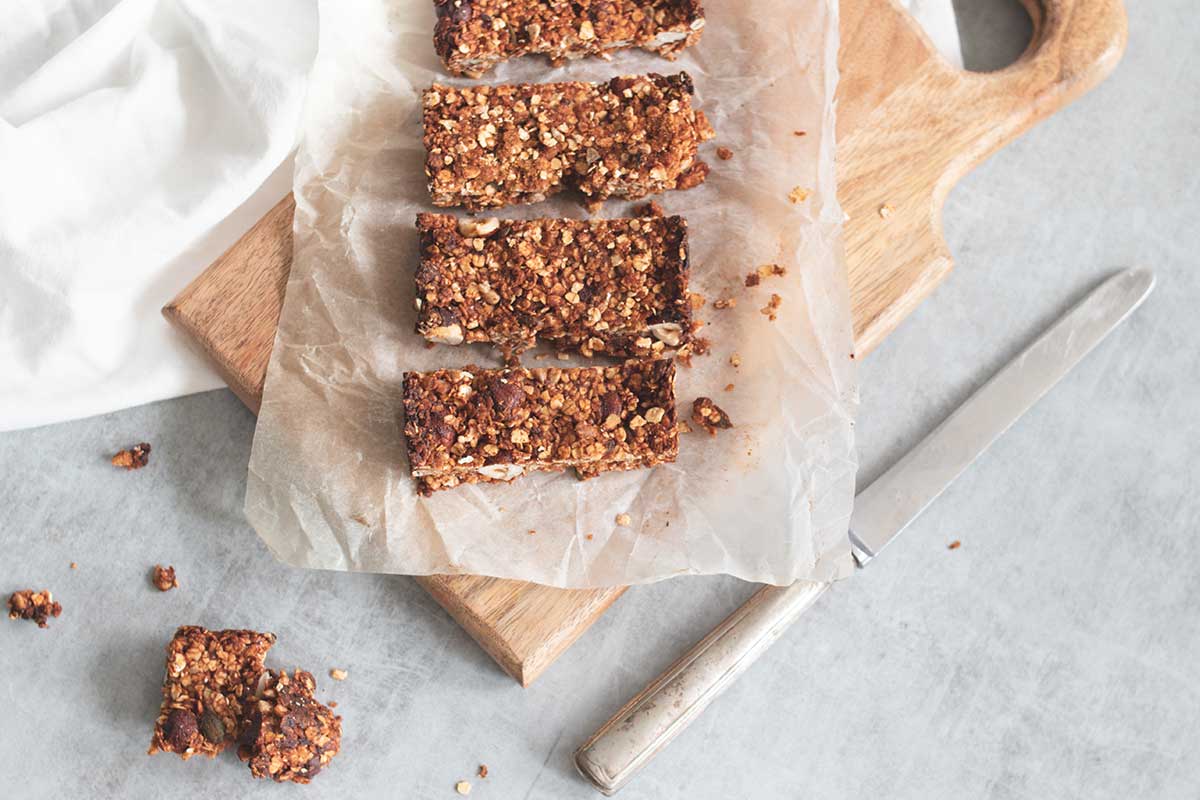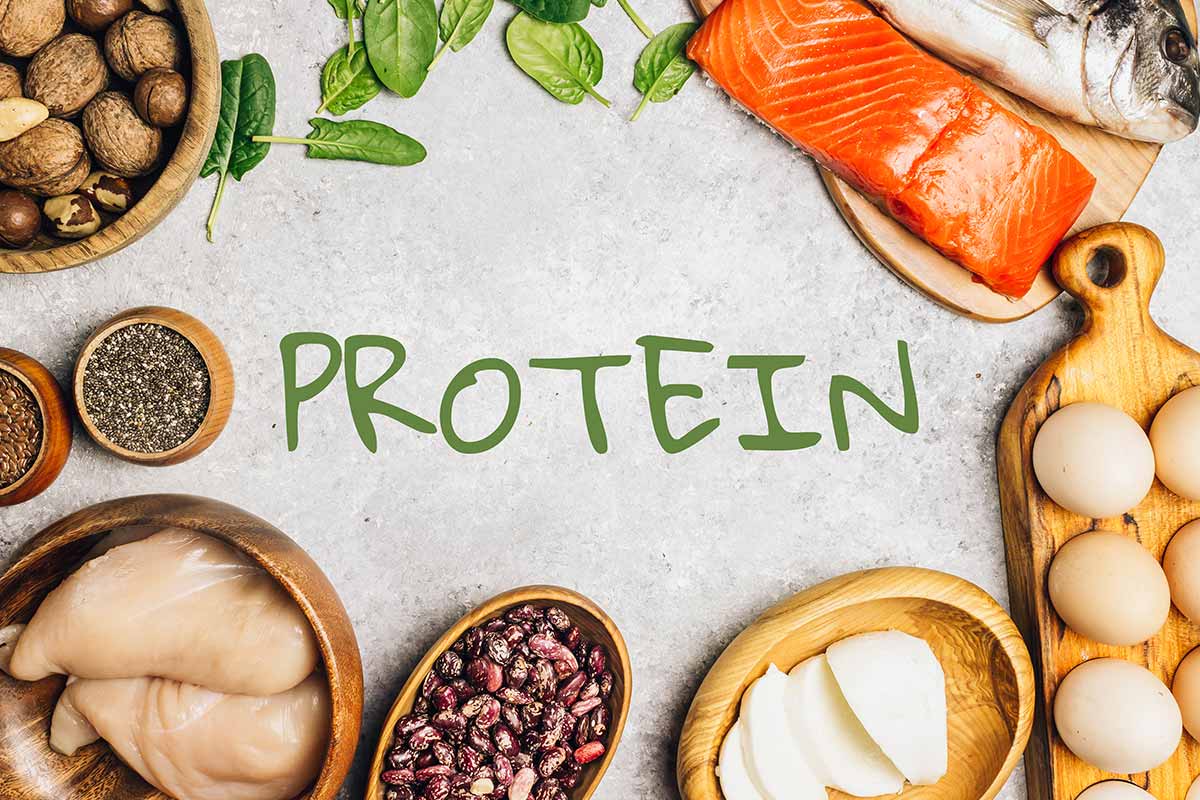The term superfood is quite magical for those of us wanting to improve our health. Think of exotic berries or ancient seeds that can provide us with nutritional benefits like no other food. But should we dig deep into our wallets and invest in such foods? Let’s explore:
When the term superfood is used, it usually refers to a certain food item being exceptionally dense in nutrients. That means such food would have a relatively larger number of nutrients per gram, might be linked to certain disease prevention, or may provide certain advantages beyond its nutritional ability. However, it is important to understand that the term superfood is not regulated nor scientifically based but is more of a marketing term.
The American Heart Association references these so-called superfoods as legumes, dark leafy greens, certain berries, some nuts & seeds, salmon, green tea, avocado, garlic etc. However, the AHA also clearly points out that only consuming superfoods will not make us healthy.
One of the most recent hypes was about blueberries. There is no doubt that blueberries are truly fabulous being high in antioxidants, can inhibit the growth of cancerous human colon cells, and can help in protecting the body from free radicals. But what if you don’t like blueberries? Would that mean you would be missing out on these benefits and cannot get them by eating other fruits or vegetables? What about apples, bell peppers and carrots? These have not been categorized as superfoods yet, so should we put less emphasis on eating them? Do they not provide great health benefits? Most plant foods provide a wonderful package of valuable nutrients that contribute to our health in different ways. Focusing on consuming a variety of whole foods is an important part of healthy eating.
Research done on a certain type of berry or seed will provide more knowledge about that specific food. However, it does not mean that other food items which were not researched are not beneficial to us. The known phrase “an apple a day keeps the doctor away” probably increased the sales of apples, but does that mean that oranges wouldn’t help do the same? What about pears, spinach and cucumbers?
As marketers want to increase sales, they take an already-perceived-as-healthy food item and sell it for a higher price by marketing its unique qualities that could contribute to our health more than other foods. It is important for people seeking to improve their health to understand that we need to manage the different components of a healthy lifestyle in order to achieve such a goal.
At the end of the day, whether to buy superfoods or not is a personal choice. My concern is that this fancy term can advertise the wrong notion that healthy eating is pricey and out of reach to the majority.
My hope with writing this is twofold: To create awareness of fancy marketing words that may cause unnecessary confusion, overwhelm and a big hole in our pocket, as well as to reiterate that a healthy lifestyle is accessible and can be done by most. If we really want to improve our health, we should probably focus more on eating enough fruits and vegetables daily, consuming a variety of wholesome foods, keeping active enough, sleeping well, staying well hydrated, enjoying a nourishing social life and surrounding ourselves with love.




